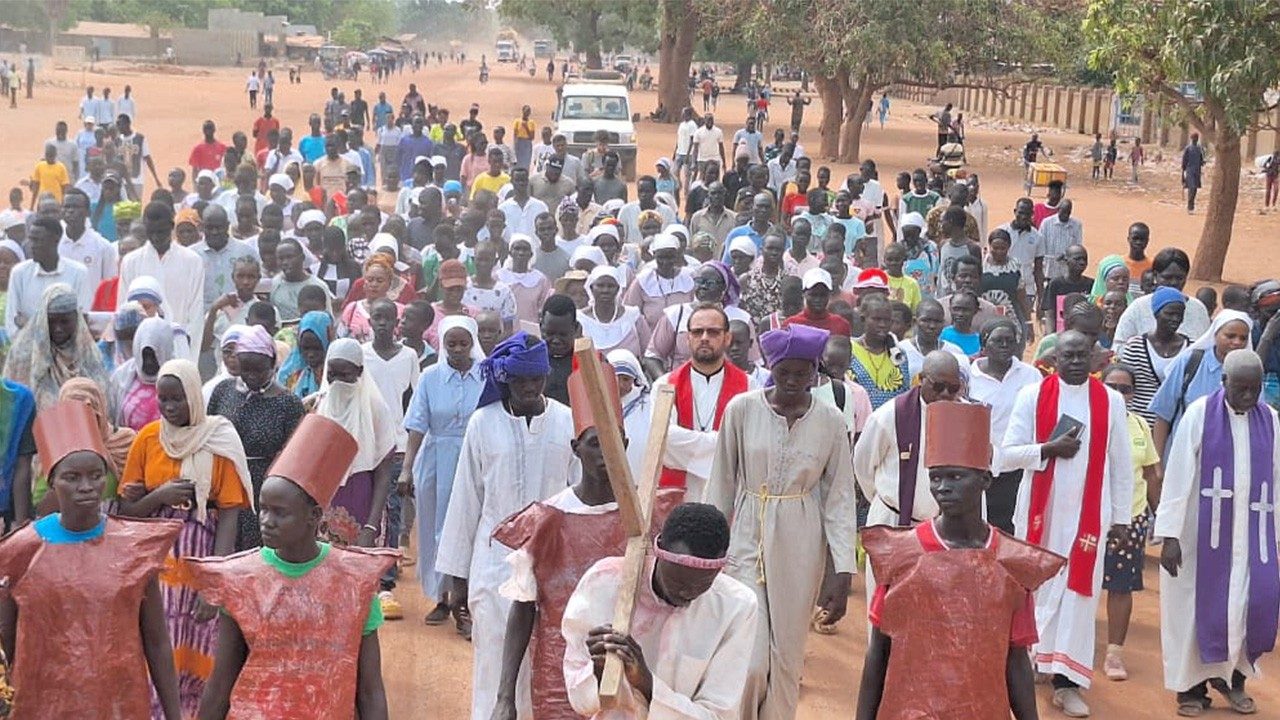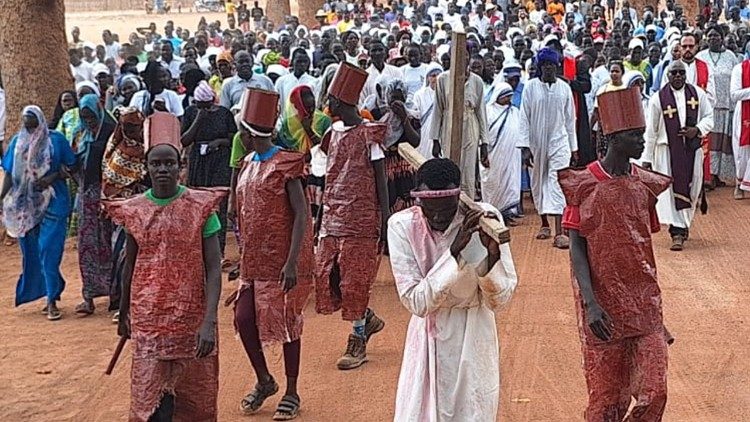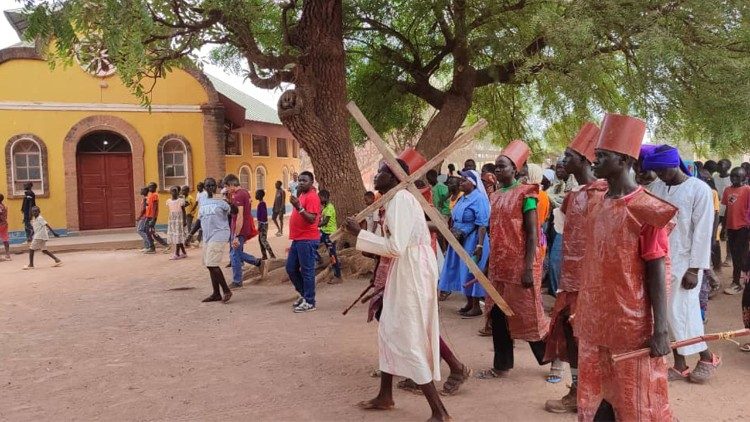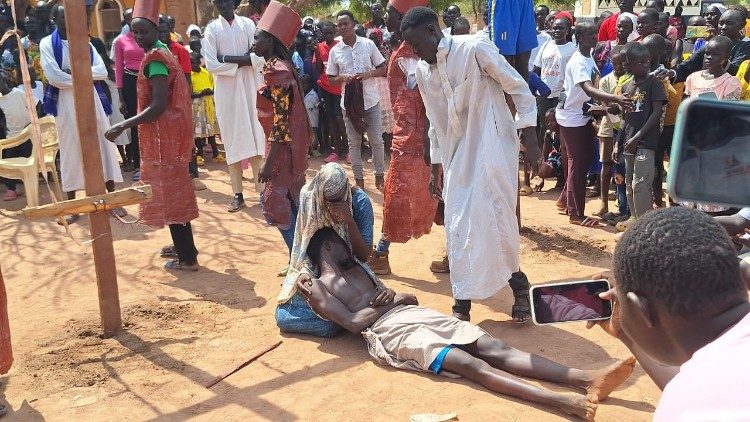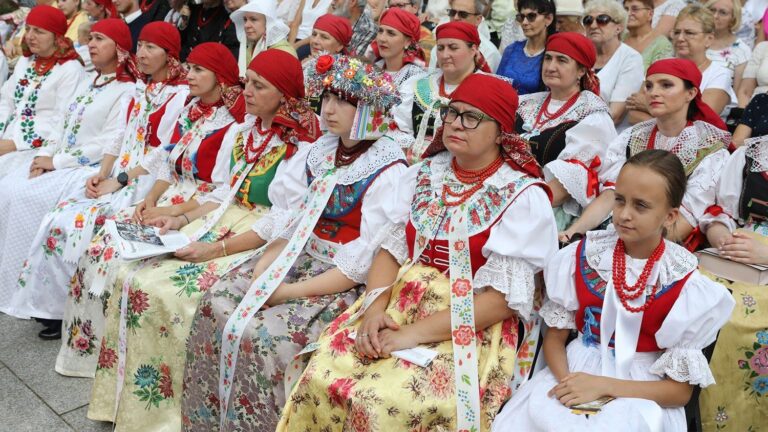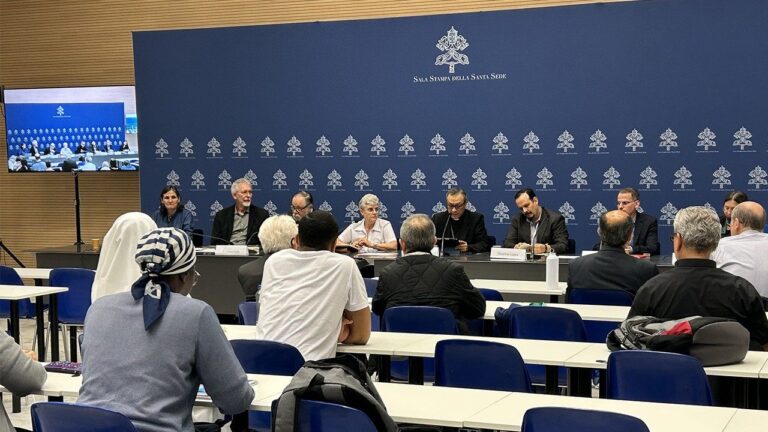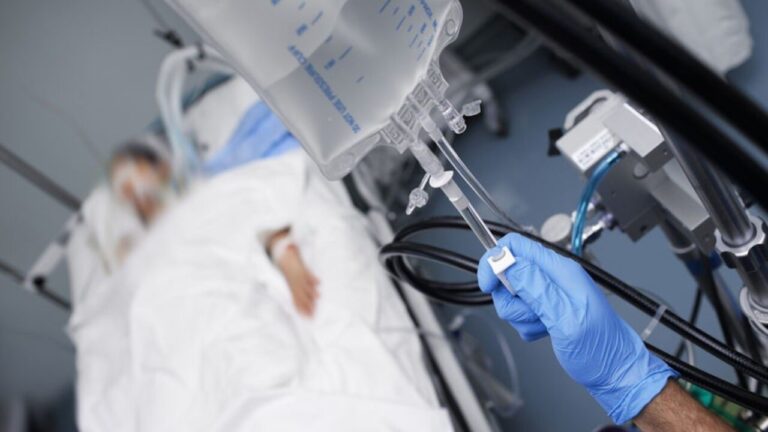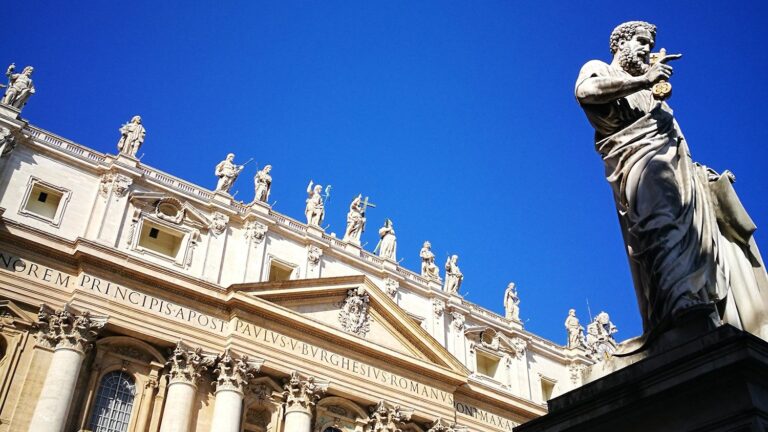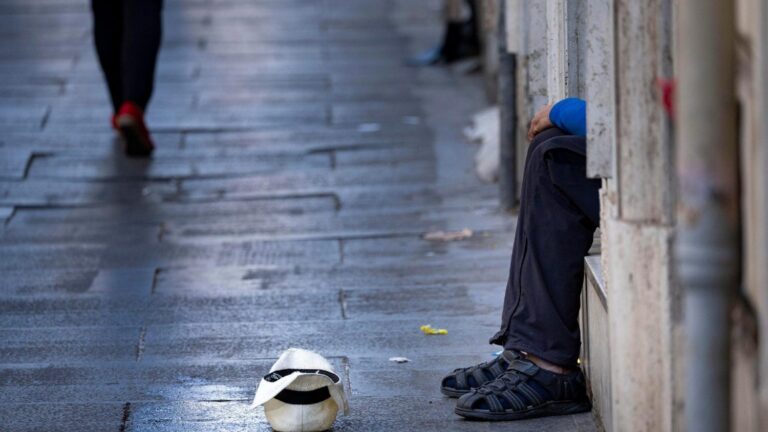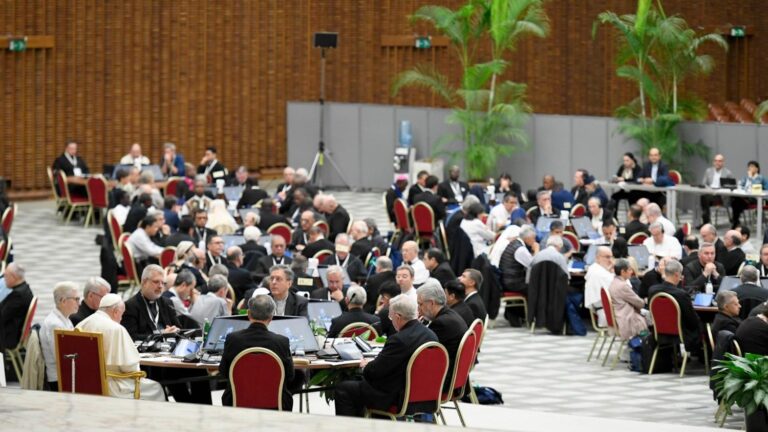‘May Easter give us courage to choose peace and fraternity in South Sudan’
Vatican news
South Sudan experiences extreme poverty, but Mgr. Christian Carlassare, Bishop of Rumbek, notes that the population shows great solidarity, explaining that “the Pope's visit has brought countless fruits” and expressing the hope that Easter “can free everyone from pessimism and fear.”
By Massimiliano Menichetti
Images of Palm Sunday in Rumbek went around the world: the town's bishop carrying a child on his shoulders, surrounded by a celebrating population. Here, in the most important city of Lakes State in South Sudan, one of the poorest countries in the world, Easter is a path of hope not only for Christians. The pope visited the African country torn by violence and poverty in February last year, invoking peace, justice and solidarity. Today, Mgr. Christian Carlassare, Bishop of Rumbek, explains: “There is a great participation in the Stations of the Cross which lasts all morning” and sees the presence not only of Christians.
Q: Your Excellency, how does this prayer take place in Rumbek and how do you approach Easter?
THE Stations of the Cross takes place in the streets of the city with a large number of people and young people in each of the stations, representing the characters of the Passion from start to finish. There is Jesus with the cross and all the other figures leading the procession and at each station they represent what is happening as the readers read the biblical passages. And truly, all people, even non-Christians, participate in this representation with great emotion, so much so that we even see people beating their chests and crying for this story of Jesus which repeats itself in life of these people. It is therefore a prayer which also has a great liberating power because we identify with it and feel how the suffering of a righteous person can give hope to many others. And then, we will end with the Easter Vigil and mass. The blessing of the fire during the Easter Vigil is very beautiful because we always try to bless the new fire, a fire that has not been prepared in advance but is lit during the liturgy through the traditional method of rubbing sticks until the spark ignites the new flame. And this is what God is able to do for us: where there is darkness, he brings light, where there is death, he brings new life.
Q: The images of Palm Sunday in Rumbek touched the hearts of many people: a procession in which you carry a child holding a cane on your shoulders…
It was a gesture that came spontaneously. In Africa, people love to represent and experience events, and often on Palm Sunday a donkey is used in the procession and the priest on the donkey's back represents Christ. In Rumbek, however, we don't have donkeys, so last year we organized a simple procession, as we are used to in Italy. But never more than today have I felt like a donkey, called to serve by carrying burdens as Jesus carried ours, by carrying on my shoulders this diocese and all the people who are hurt, abandoned or ridiculed. So when the sister in charge of the sacristy told me that we were missing the donkey, I told her: “Don't worry, I will do it, I will be the donkey.” I picked up a child and carried him to the cathedral. No one was surprised by this gesture because here it is done like this; when an important person visits the village – there is no other way – they are carried on the shoulders and carried. This is what they would have done with Jesus if the entrance to Jerusalem had been here: they would have lifted him up, at least the disciples would have done so, and carried him into the city. So, for people, he had a very beautiful symbolic value: a young boy carried on the shoulders, symbol of the hope of a renewed community.
Q: In February 2023, the Pope came to South Sudan for an ecumenical pilgrimage. He reaffirmed the faith and spoke of peace and reconciliation. What fruits did this visit bear?
I believe that the fruits of the Pope's visit were truly innumerable and were felt especially during the days of his visit and in the months that followed, but today they remain marked in the hearts of the faithful and with great part of the population of South Sudan. These gestures, these actions for which the Pope did not only ask for words, remain an open exhortation which requires the commitment of all. This is why I think today that the most important fruits of this visit are us, the people of South Sudan, the people of good will who listened to the words of the Pope, who continue to pray for peace, and not only to pray but above all to cultivate it. in their own families and communities, to the point of contaminating the entire country so that peace is possible, despite everything. This is evident because despite the great injustices that persist, despite the displacement of many people, despite the economic crisis in which the poor are becoming even poorer in the sense that the value of currency is so low that even work is worth almost nothing , and therefore people have difficulty accessing services, health care, education… Yet, despite such poverty, people do not become discouraged and do not turn to violence or injustice but attempt to live and survive primarily on the basis of solidarity with each other. I think that this population, so united and so full of hope, is the one who will be able, one day, to give life to a country not ruined by power, by those who hold power, notably that of weapons, or of power. economic, but a country born from the solidarity of a humble and simple population.
Q: How is the Church contributing to the process of reconstruction and reconciliation in the country?
The Church stands alongside those who suffer, instilling in them courage and hope: not a vain hope but the certainty that the Lord is present and accompanies us. The one who was crushed and crucified is resurrected and is the source of our resurrection. Faith is therefore not an accessory but an important gift for people and for any path of salvation. To preaching and celebration, the Church adds service, which becomes such an important action to elevate, mobilize and make people protagonists of human and social transformation. We are not only talking about charity towards the poorest, by providing essential services, but also about promoting economic activities to make people more independent: we are also thinking about the small agricultural projects that we are trying to develop in all our parishes. Train people in civic sense, justice, peace; and let us not forget education in Catholic schools, where we cultivate integral human formation by valuing each child or young person who attends our institutions. This is so important in a situation where the young person often feels marginalized and perhaps manipulated by the interests of a few, that he can find the possibility of expressing all his wealth and his dreams for the future and of try to achieve them.
Q: The country is rich in oil and yet it is among the poorest in the world. What measures should be taken to consolidate peace and give back to the people what belongs to them?
It is not guaranteed that where there are resources there will also be wealth. Unfortunately, most of the time, people suffer more poverty due to the unfair distribution of wealth. South Sudan is poor not because it lacks wealth, but because it lacks peace. The war in Sudan has further exacerbated the economic crisis because the government of South Sudan was almost entirely dependent on oil exploitation: today the oil pipeline that crosses Sudan is partly damaged and the Sudanese government is incapable to guarantee payments to South Sudan that had been agreed in the past. Thus, the local currency loses value every day compared to the dollar, the cost of living is very high and there is no adjustment of wages in a country where there is a shortage of work anyway, and where there is there is the possibility of working, it seems useless because we do not earn enough to live. People thus find themselves living day to day, taking advantage of available resources. To consolidate peace – this seems paradoxical – we need peace; fight against crime and corruption – which is a form of crime – and support entrepreneurship and the construction of a sustainable economy based on small economic activities: agriculture, livestock, fishing, etc. Not only the exploitation of resources used and consumed but also work that generates other types of resources through the company itself.
Q: What is your prayer, your wish for this Easter in South Sudan?
My wish for Easter: that it be an encounter with the risen Christ, that it frees us from pessimism and fear, that it gives us the courage to choose peace and fraternity. Happy Easter!
Vatican news
sc
